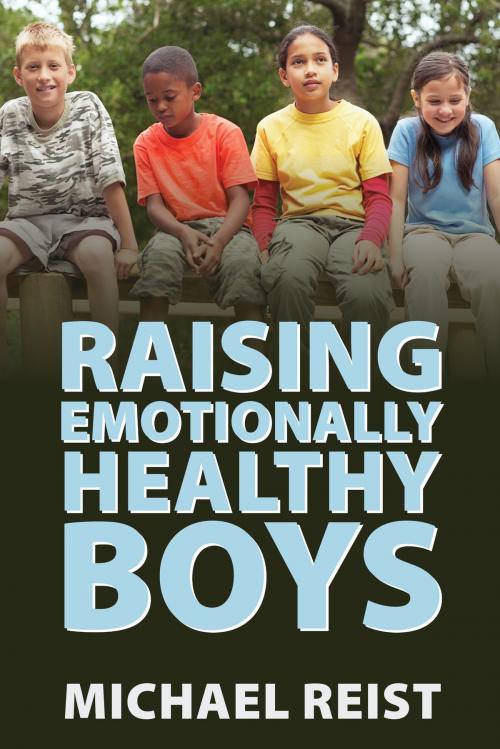Raising Emotionally Healthy Boys
Nonfiction, Family & Relationships, Relationships, Friendship, Family Relationships, Conflict Resolution, Parenting| Author: | Michael Reist | ISBN: | 9781459731417 |
| Publisher: | Dundurn | Publication: | July 25, 2015 |
| Imprint: | Dundurn | Language: | English |
| Author: | Michael Reist |
| ISBN: | 9781459731417 |
| Publisher: | Dundurn |
| Publication: | July 25, 2015 |
| Imprint: | Dundurn |
| Language: | English |
Raising emotionally healthy children is not just about what we need to do, but what we need to avoid doing.
We all know that repressing our feelings can be damaging, and that emotional repression is an especially prevalent issue among males. From a very young age, boys are socialized to hide their emotions. Girls, on the other hand, are encouraged to learn a much broader range of emotional expression. The long-term repercussions of this imbalance are profound.
Many of the problems we face, both as a society and as a species, are directly affected by how we raise our boys. We are all products of nature and nurture combined. The conscious and unconscious lessons we give our children often enhance and improve their human natures, but can sometimes degrade them, too.
As we come to the end of thousands of years of patriarchy, we are being challenged to redefine masculinity. Our boys are lucky to be living in such a time, and luckier when they have adults in their lives who are aware of how their minds function and what they need. If we want to raise men who are strong, confident, and whole in the best sense of these words, then parents around the world urgently need a conversation about what we teach — and don’t teach — our boys.
Raising emotionally healthy children is not just about what we need to do, but what we need to avoid doing.
We all know that repressing our feelings can be damaging, and that emotional repression is an especially prevalent issue among males. From a very young age, boys are socialized to hide their emotions. Girls, on the other hand, are encouraged to learn a much broader range of emotional expression. The long-term repercussions of this imbalance are profound.
Many of the problems we face, both as a society and as a species, are directly affected by how we raise our boys. We are all products of nature and nurture combined. The conscious and unconscious lessons we give our children often enhance and improve their human natures, but can sometimes degrade them, too.
As we come to the end of thousands of years of patriarchy, we are being challenged to redefine masculinity. Our boys are lucky to be living in such a time, and luckier when they have adults in their lives who are aware of how their minds function and what they need. If we want to raise men who are strong, confident, and whole in the best sense of these words, then parents around the world urgently need a conversation about what we teach — and don’t teach — our boys.















